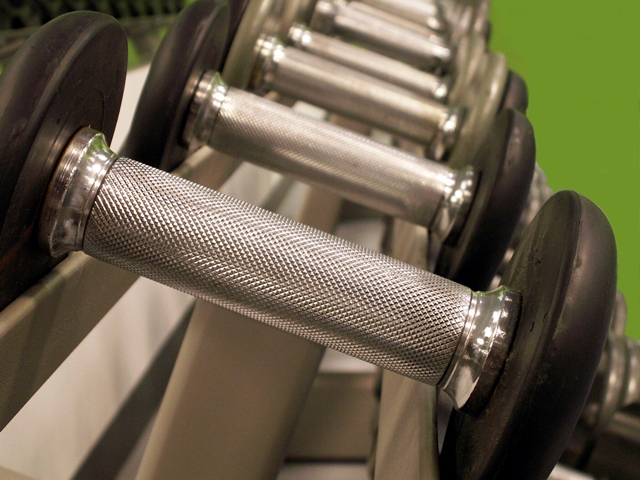Summer is the off-season for many high school sports, meaning these are the months when teen athletes are looking to add weight and strength in preparation for next year. Whether they’re looking to add power to their baseball swing, strength on the football field or stamina for a long basketball season, athletes are combining targeted workouts with diet changes to bulk up for next season.
“It’s not just about hitting the weights, like it was in the Stone Ages when we grew up,” joked Stacey McConnell, a physical therapist with St. Elizabeth Sports Medicine.
“When most of us were young, we just hit the weight room, trying to bench press 350 pounds and eating a ton. That didn’t take into consideration what you’re really training for.”
Targeted workouts are geared toward adding batting power and speed, others for agility and power that translates to the football field, McConnell added. Your first step should be to define exactly what you want to achieve. Most schools have athletic trainers who can help you with that, along with suggesting specific workouts to achieve your goals.
Diet is also an important part of the formula.
Some diet tips from sports nutritionists:
- Eat healthy. It’s not all about adding calories. Dense, nutrient-rich, high-carbohydrate foods that are also high in protein or fat are a win-win. Foods like dried fruit, nuts or oats are compact, meaning you won’t feel bloated by getting your nutrients. When you do add calories, make sure to do it in a healthy way. Adding eggs or chicken to other foods like mashed potatoes or soups is an easy, healthy option.
- Variety is also key. Always try to include at least three food groups in every meal, giving your body a broader spectrum of nutrients to work with throughout the day.
- Snacking is good. According to Shape magazine, you should not go for more than four hours without eating. When you skip meals, you deprive your body of nutrients and it’ll look for them elsewhere, which may deprive your muscle mass ““ the very thing you’re trying to add. Nuts, fruits and yogurt are good options.
- Snacking before bed is, too. As we sleep, our bodies are at work repairing and regenerating. Adding healthy fuel before bedtime, via a peanut butter sandwich, a small bowl of pasta or some baked chicken, will increase your body’s ability to carry out those functions.
- Be careful with health supplements. Like most things, they are a mixed bag, says McConnell. “There are some that work, but the best, safest way to add muscle mass is to make sure you’re getting protein and other nutrients from good, healthy meals,” he says.
Your best bet, he adds, is to work with your coach, school’s athletic trainer or your doctor.
“There’s a lot of information out there to help you bulk up, add muscle mass and do it safely so you can get the improvements you’re looking for,” he said.

